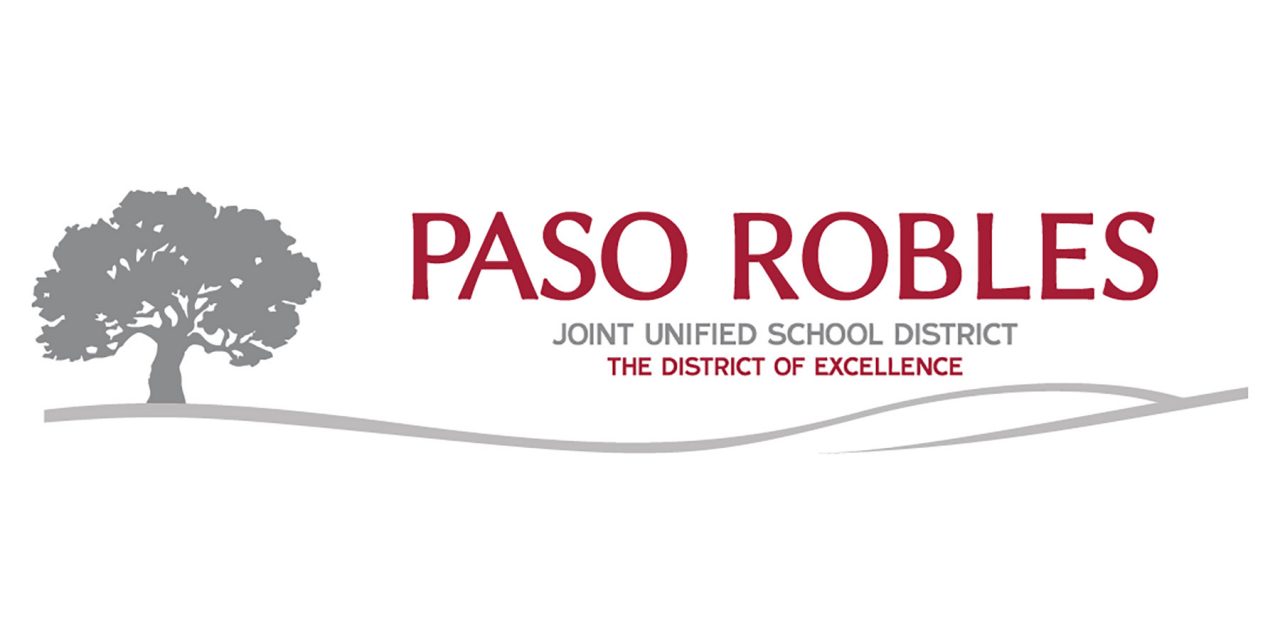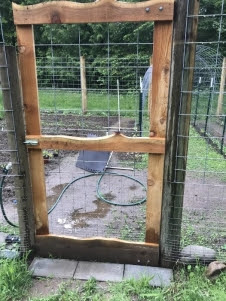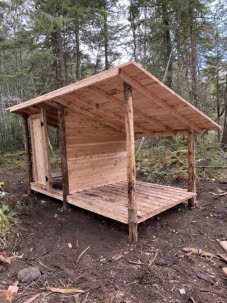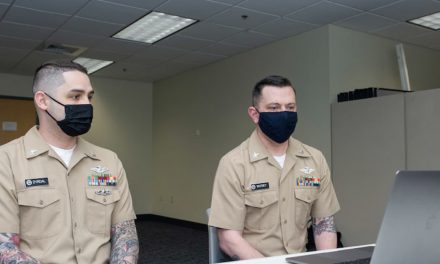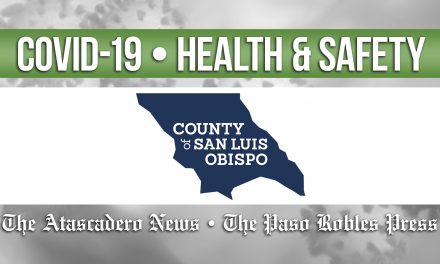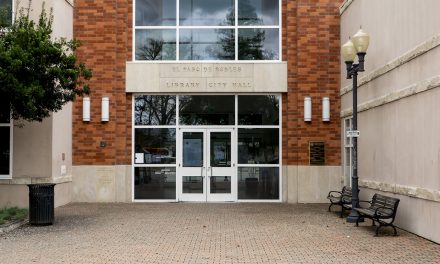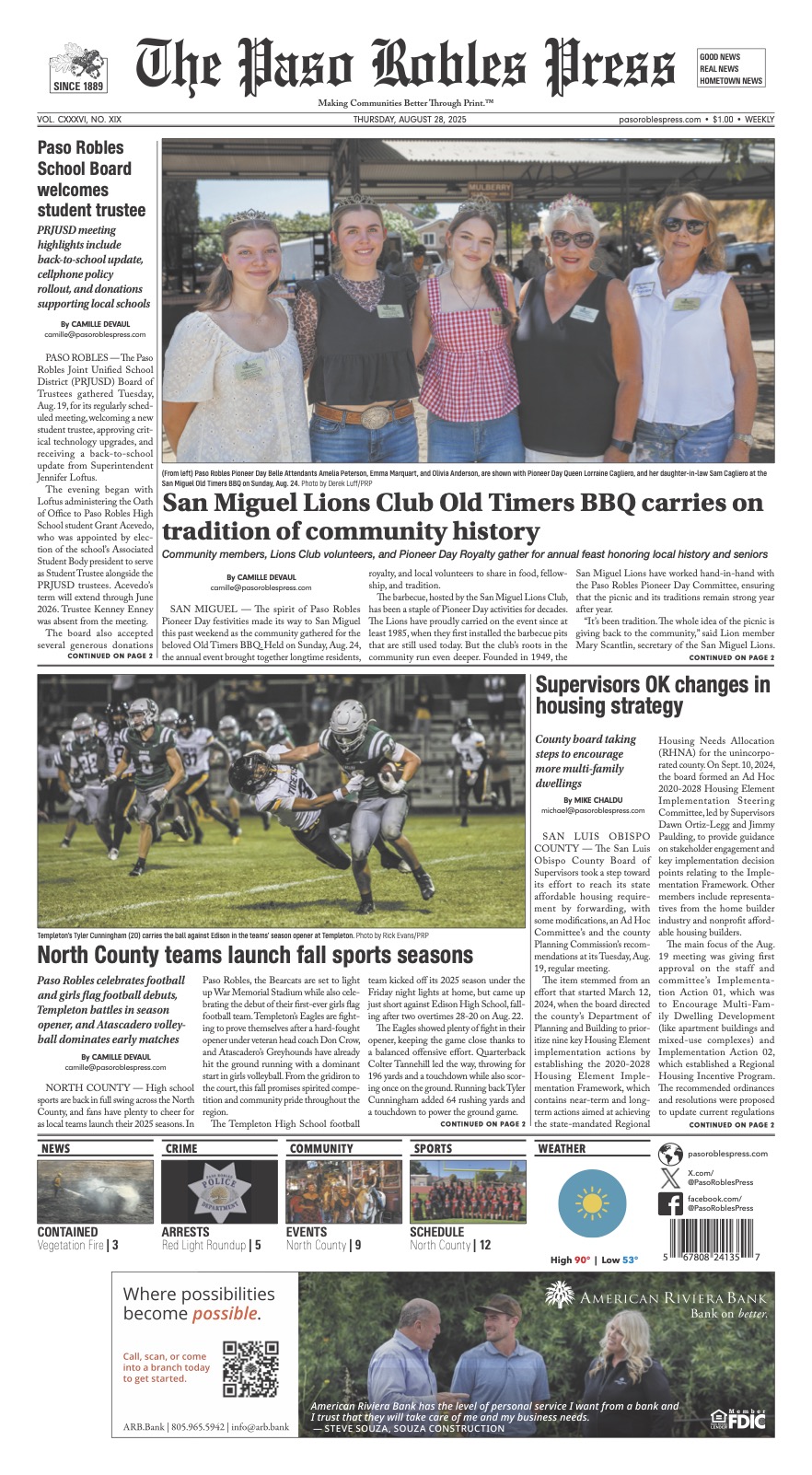3,500 kits from Harbor Freight Tools for Schools will support hands-on learning during the COVID-19 pandemic
PASO ROBLES — As many schools across the country continue to manage virtual teaching and learning this school year due to COVID-19, Harbor Freight Tools for Schools announced Dec. 10 that it had distributed more than 3,500 tool kits to skilled trades teachers in U.S. public high schools to lend to their students. Among this initial group was Justin Pickard, who teaches welding at Paso Robles High School.
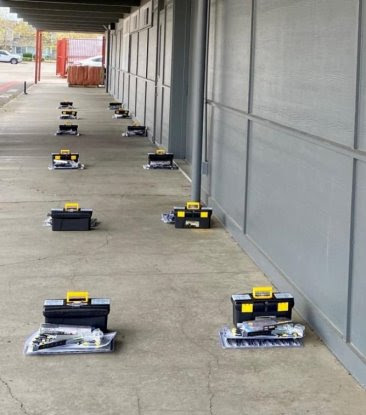
Like laboratory or other career courses, skilled trades classes can be particularly challenging to teach online because they require the use of tools not always available at home.
With more than one million students studying trades like construction, welding, manufacturing, automotive and electrical, take-home tools are one way to allow students to keep honing their hands-on skills even if their schools operate entirely or partially remotely.
Pickard’s tool kits, going to the 125 students in his program, include a tool bag, a 25 ft. tape measure, locking pliers, a hand riveter set, and coated work gloves for safety. Harbor Freight Tools for Schools may expand the tool kit effort to more schools as it evaluates impact and demand over this semester.
“We have been humbled by the incredible ingenuity and resilience we’ve seen from skilled trades teachers and students during the pandemic,” said Danny Corwin, executive director of Harbor Freight Tools for Schools. “We’re providing these tool kits because we believe that skilled trades jobs are essential to our country, now more than ever, and that means skilled trades education is essential, too.”
As COVID-19 shuttered businesses across the country this year, skilled tradespeople, particularly those employed in public works and utilities, were deemed “essential” by many states. Even before the pandemic, eight in 10 American voters agreed that skilled trades jobs are “important,” according to a NORC poll commissioned by Harbor Freight Tools for Schools.
Despite being regarded as crucial, and despite the family-supporting wages they offer, skilled trades jobs routinely ranked among the hardest to fill over the past several years. A forthcoming wave of retirements is expected to worsen existing shortages well into the next decade. That means today’s skilled trades students have the opportunity to find meaningful and sustaining work in these fields.
“Our country is going to come out of this pandemic stronger — and skilled tradespeople and jobs will be essential to that recovery,” said Eric Smidt, founder of Harbor Freight Tools for Schools. “With many high school students preparing to enter a trade immediately after graduation, we want to make sure they can keep learning and growing their skills at home.”
The tool kits come courtesy of donated tools from Harbor Freight Tools, the nationwide tool retailer. Smidt, the founder and owner of the company, created the Harbor Freight Tools for Schools program in 2014. Today, the program is operated by The Smidt Foundation, established by Smidt in 2016.
Tool kits have been made available to teachers who are past winners of the Harbor Freight Tools for Schools Prize for Teaching Excellence and are currently teaching at a U.S. public high school. Each teacher could customize their requested kits depending on their students’ course of study and needs. Kits have been distributed to schools, which will lend them to students to take home for the semester or school year, similar to the way schools lend laptops.
The tool kits expand on a project implemented last spring at Enumclaw High School in Washington State by construction teacher Bob Kilmer. Kilmer, a 2017 Prize for Teaching Excellence winner who recently retired and now consults for Harbor Freight Tools for Schools, provided tools to his students to pick up on campus. Students used the tools to complete projects such as those shown above.
“These tool kits will be essential to keeping learning on track for students who love thinking with their hands,” Kilmer said. “We hope these tools make life a little easier and keep students on the path to meaningful post-secondary and career opportunities.”

